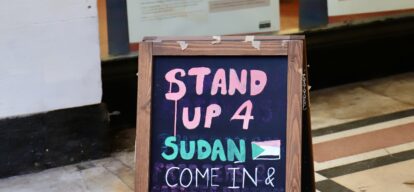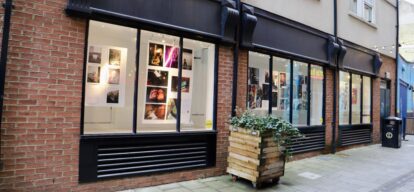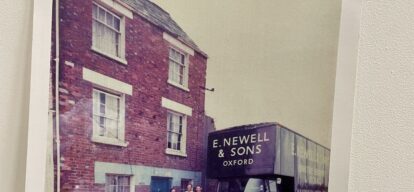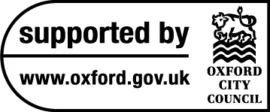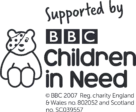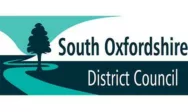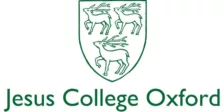For Black History Month, Ruby Duncan brought together the powerful works of Zimbabwean artist Moses Bikishoni and Ukrainian art student Mary Goldenberg. Created during the Leys CDI Youth Summer Project, Mary’s seven painted flags—representing Somalia, Ghana, Kenya, Guinea, the Central African Republic, South Africa, and Nigeria—celebrate the culture, creativity, and resilience embodied by each nation.
There is a responsibility in organising events, showcases and presentations for Black History Month.
“Injustice anywhere is a threat to justice everywhere. We are caught in an inescapable network of mutuality, tied in a single garment of destiny. Whatever affects one directly, affects all indirectly.”
Martin Luther King Jr.
This year, even more so than most years, I found it important to make the exhibition relevant to the conflicts of the present day whilst honouring the people of our past. These two concepts are inextricably linked in the universality of liberation. The history of the fight for independence is relevant throughout the globe but for African and Caribbean countries - motherlands who have cradled our diaspora- it is necessary to understand the prevalence of liberation movements within these histories.
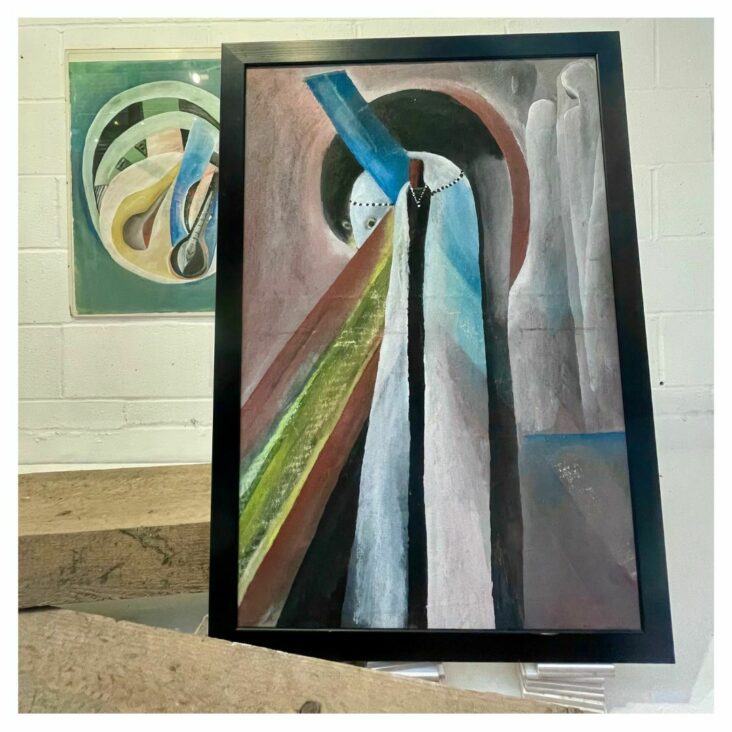
On a call Moses Bikishoni and I shared, he made it clear both his life and his work were inseparable from the independence movement in his country;
“That was my youth, guns all over the place.”
In the fight for freedom violence is often enacted from both sides but for widely different reasons, unfortunately, what the people do to liberate themselves from a colonial power is often framed as sinister beyond the cruelty of their coloniser. We are seeing this unfold today, a behaviour selectively adopted and safeguarded by Western outlets of news and information. Moses grew up attending school, working his first jobs and building a self-identity with the idea of independence ever present on his mind, he emphasised that everyone’s families were involved in the struggle, that whatever means it would take were deemed necessary by the populace. We should never assume independence has ever been given to a people who did not fight for it first.
Moses saw his country gain independence in 1980, after years of freedom fighting that he says started with his ancestors, the work of a formidable network of revolutionaries who achieved their goal; an independent country. When I asked him how it felt to celebrate the long awaited victory, his voice became animated “Bob Marley & The Wailers!” he cried. He began singing the lyrics to their aptly named ‘Zimbabwe’. The band who became famous for their songs about the universal struggle for liberation came to Zimbabwe to perform for people celebrating the subject of much of their music. Moses said this was the biggest concert the country had hosted. The best memory from his youth.
Now based in Oxford, Moses draws on vivid memories of his youth in Zimbabwe, capturing themes of liberation and the hard-won struggles that came with it. His works reflect the stories of his ancestors and the challenges he lived through, embodying the ongoing fight for freedom.
Hear more from Moses here!
2BZ.
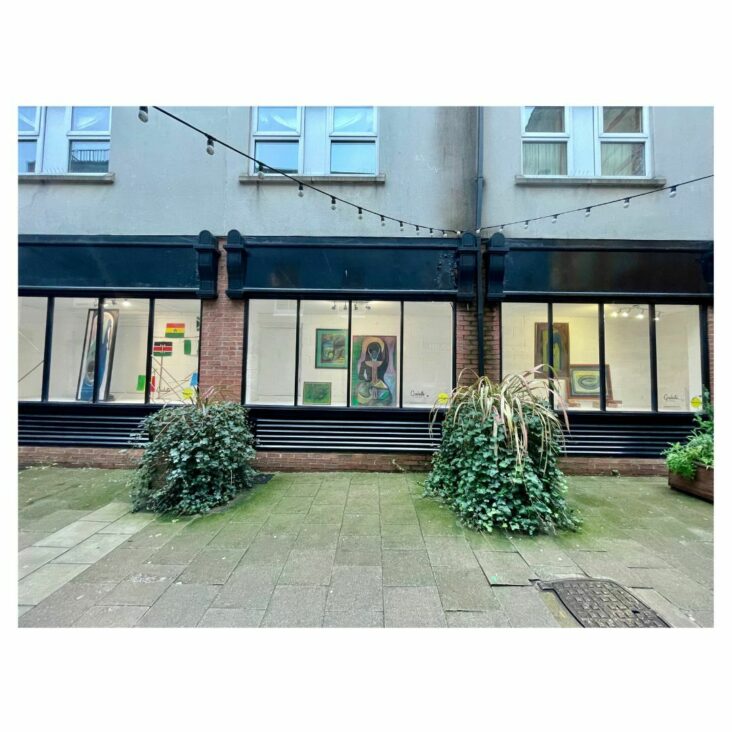
Alongside his paintings are the vivid flags by Mary Goldenberg. She painted these during the Leys CDI Youth Summer Project of 2024; an initiative from the community organisation first set up in 1995 that provides activities, support and opportunities for young people living in the Greater and Blackbird Leys areas of Oxford.
Mary is an art student, also a resident of Oxford and also experiencing the pain of witnessing another country invade her own. She is Ukrainian; part of a diaspora who have been forced to recognise that the balance of power in their country is still precarious and that national sovereignty is not promised. Ukrainians have experienced the violence enacted by expansionist nations, knowing it is nothing new and something that has yet to be concluded. We must consider the relationship between the different fights for sovereignty over countries; although Ukraine’s history varies to that of African countries such as Zimbabwe, Ghana, Kenya, globally we continue to see how the fight for free countries continues to shape the experiences and memories of their diasporas.
It would be irresponsible to talk of the struggle for independence historically, without acknowledging the countries across the globe that are still fighting for it today. The continued liberation struggle in Palestine exemplifies the endurance against the colonial violence of western imperialism. As we have since agreed to honour people such as Nelson Mandela who fought for South Africa, we must honour and support those fighting for a free Palestine today. The journey to independence from colonial powers continues. As the quote from the late Martin Luther King, Jr. reminds us, it is necessary to liberate us all before any of us can truly experience liberation, that the mutuality of our humanity must encourage us to support one another’s fight for independence.
“Whatever affects one directly, affects all indirectly.”
Thus, on this Black History Month we must extend our understandings of liberation, freedom and independence that have been achieved in the past and recognise the continued struggles of the present.
When we look to the revolutionary forces that achieved independence in their African countries during the 20th century we must not assume that their fights are over or irrelevant to those of today. Black liberation globally; in Britain, the United States, Africa and elsewhere, has always been connected to the freedom of countries such as Palestine. Summed up by another who recognised the universality of our struggle:
“We know too well that our freedom is incomplete without the freedom of the Palestinians."
Nelson Mandela
Bob Marley & The Wailers- Zimbabwean Independence Concert 1980

Written by Ruby Duncan, curator of Moses Bikishoni and the African Flags of Independence
